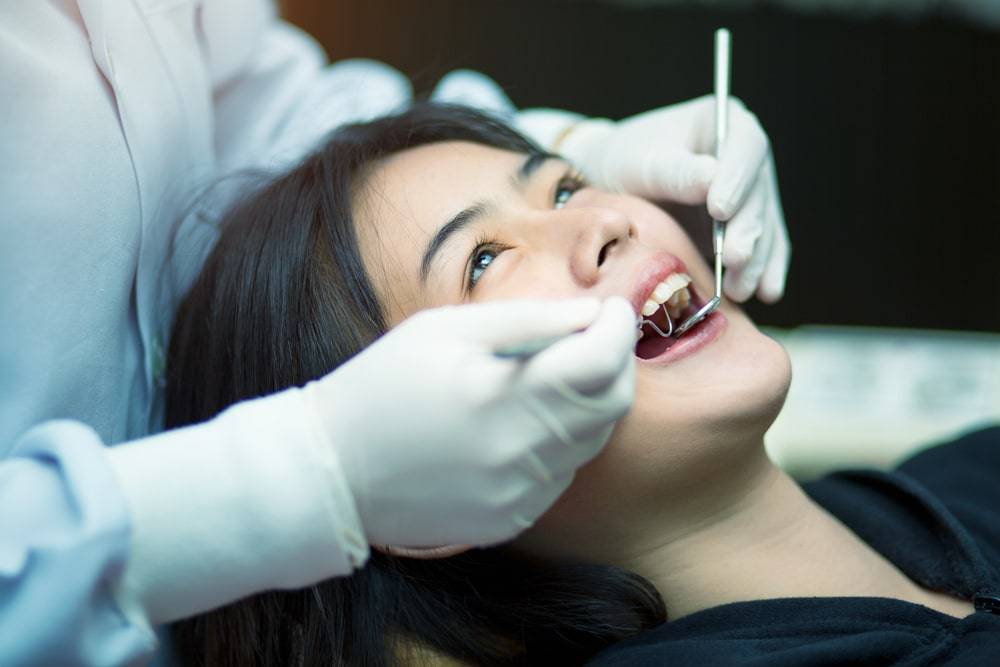A recent revelation by the Philippine Dental Association (PDA) revealed that 72 percent of the Filipino population battles dental caries or tooth decay.
This alarming statistic was unveiled during a media Kapihan forum. It sheds light on the pervasive nature of dental health issues within the country.
The Scope of the Issue
According to Sheryl Lantican, the executive secretary of the PDA, the bulk of these statistics primarily affect schoolchildren aged between five and 12. Notably, dental caries has emerged as a leading cause of absenteeism among Filipino students. However, dental problems are not limited to the younger demographic. They also plague the workforce, with many employees forced to miss work due to excruciating toothaches.
Rethinking the Perception of Dental Health
Lantican emphasises that dental caries should no longer be perceived as a minor inconvenience but rather as a disease, both locally and globally. The culprits behind this dental epidemic are the consumption of sugar and the negligence of proper dental hygiene practices.
Understanding Tooth Decay
Tooth decay occurs when bacteria fueled by sugar intake interact with acids in the mouth, leading to the deterioration of tooth enamel and other hard structures. If not addressed, tooth decay may progress to gum disease and dental cavities and potentially result in tooth loss.
The Prevalence of Periodontal Diseases
In addition to dental caries, approximately 50 percent of Filipinos suffer from various gum or periodontal diseases. These advanced conditions affect the gums and extend to the underlying bone structures, necessitating comprehensive oral healthcare solutions.
The Role of Prevention and Education
Manuel Vallesteros, the chief of the Department of Health’s Maternal Child and Adolescent Health Division, underscores the preventable nature of dental and oral health problems. Contrary to the misconception that dentistry is expensive, Vallesteros asserts that dental neglect incurs far more significant costs. Thus, there’s an urgent need to bolster oral health primary care services and promote awareness among Filipinos.
Advocating for Oral Health Across All Ages
Vallesteros stresses the importance of oral health in prioritising stages of life, from pregnancy to old age. He encourages Filipinos to familiarise themselves with the range of dental services available under the universal health care program.
Best Practices for Dental Health
To combat tooth decay effectively, Vallesteros advocates for adopting best practices. These include minimising sugar intake, minimising proper toothbrushing techniques, scheduling regular dental checkups, and staying adequately hydrated. Furthermore, avoiding vices such as alcohol, cigarettes, and vaping can significantly reduce the risk of oral cancer. Refraining from chewing betel nuts will also help.
Expanding Access to Dental Care
In light of the prevalence of dental issues, efforts are underway to expand access to dental care services across the Philippines. Initiatives include establishing dental clinics in underserved areas, mobile dental vans for remote communities, and outreach programs to educate the public about oral health.
Addressing Socioeconomic Barriers
Acknowledging the socioeconomic factors that contribute to disparities in oral healthcare access is crucial. Many Filipinos, particularly those from low-income backgrounds, face various barriers. They include lack of awareness, affordability issues, and limited availability of dental services. Addressing these challenges requires a multifaceted approach, including policy interventions, community engagement, and collaboration between government agencies and healthcare providers.
Investing in Oral Health Infrastructure
Substantial investment in oral health infrastructure is needed to meet the growing demand for dental services. This includes training more dental professionals, upgrading facilities, and implementing technology-driven solutions for diagnosis and treatment. By strengthening the dental workforce and infrastructure, the Philippines can enhance its capacity to deliver quality oral healthcare services to all segments of society.
Collaborative Efforts for Change
Tackling the pervasive issue of dental caries and promoting oral health requires collaborative efforts from various stakeholders, including government agencies, healthcare providers, educational institutions, community organizations, and individuals working together towards a common goal, we can create a healthier future for all Filipinos, where dental diseases are prevented and everyone has access to high-quality oral healthcare services.
Conclusion
The revelation of widespread dental caries among Filipinos underscores the urgent need for comprehensive oral healthcare interventions. By prioritising prevention and access to dental services, the Philippines can mitigate the burden of dental diseases and improve the overall well-being of its population. Individuals, healthcare providers, policymakers, and society as a whole must unite in addressing this pressing public health concern. With sustained efforts and collective action, we can build a future where oral health is prioritised, and every Filipino confidently knowing their dental needs are met.

